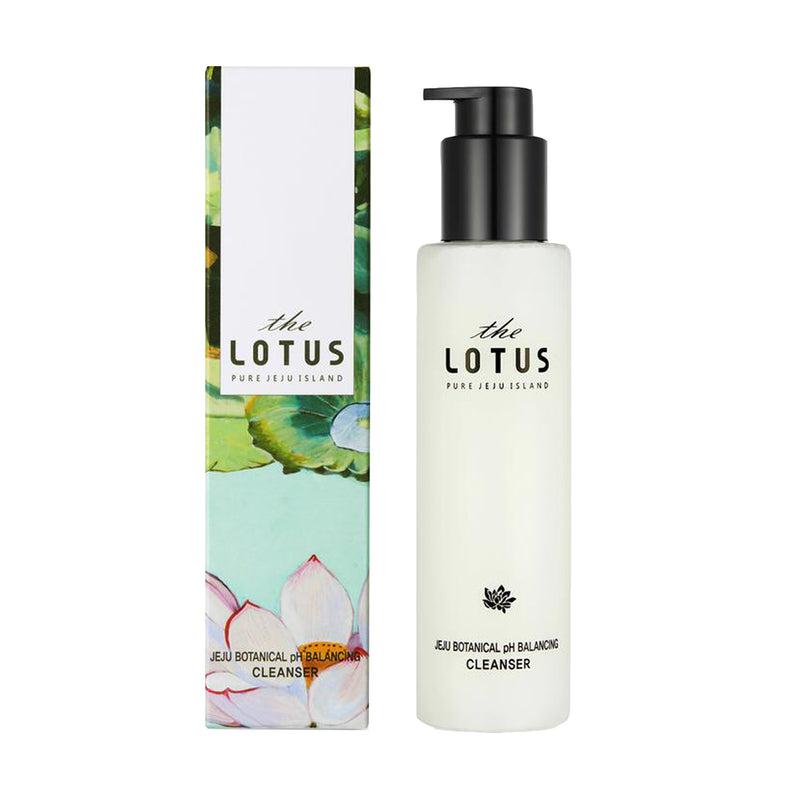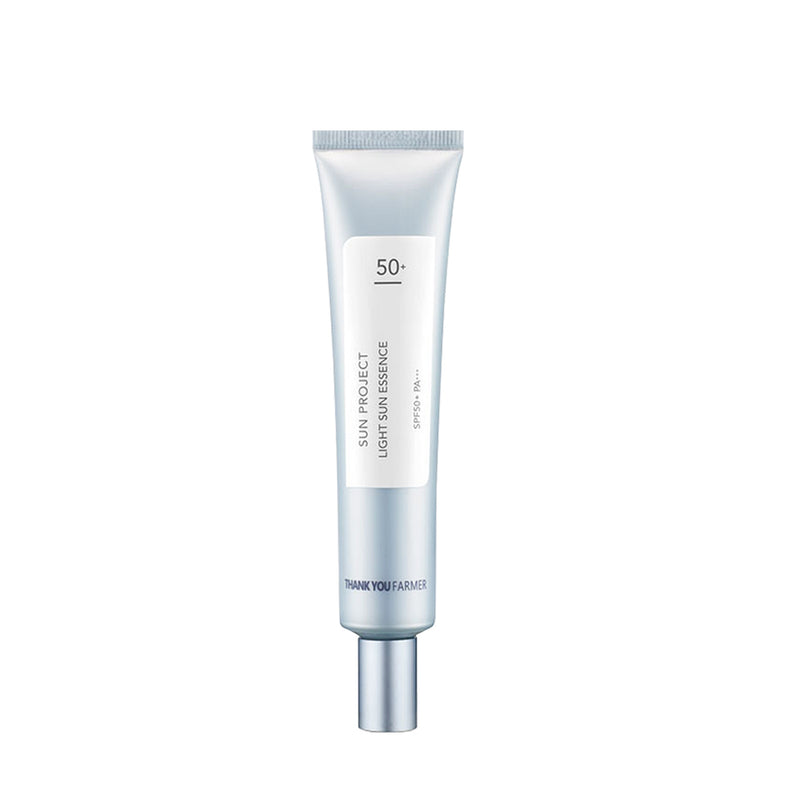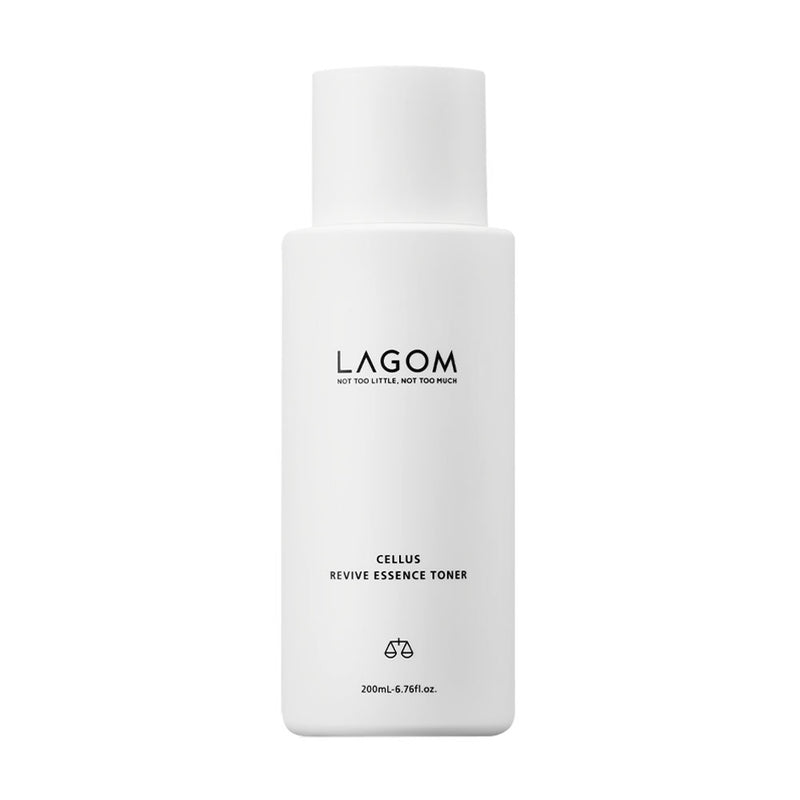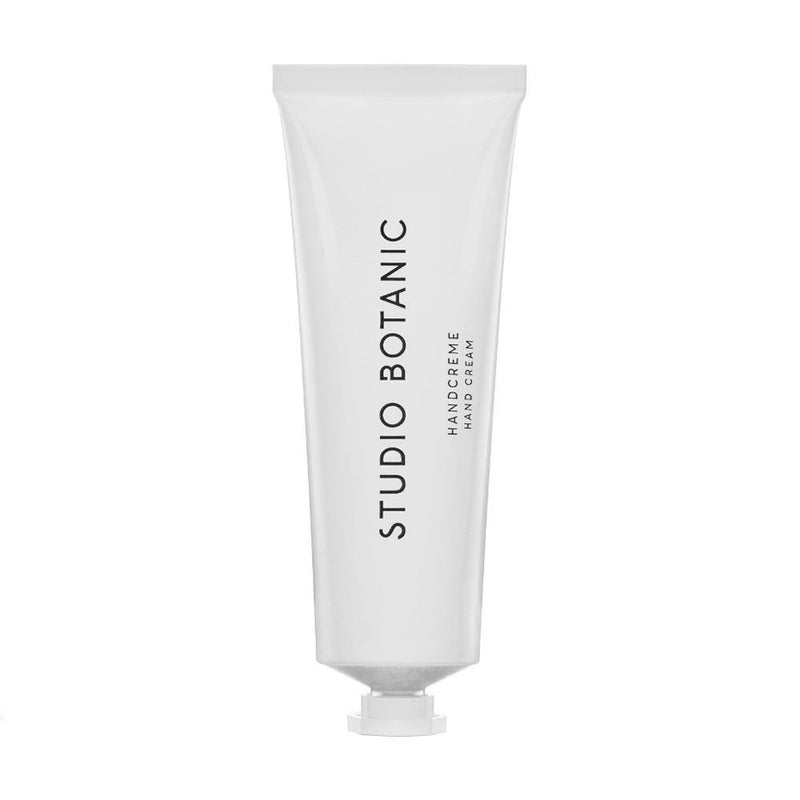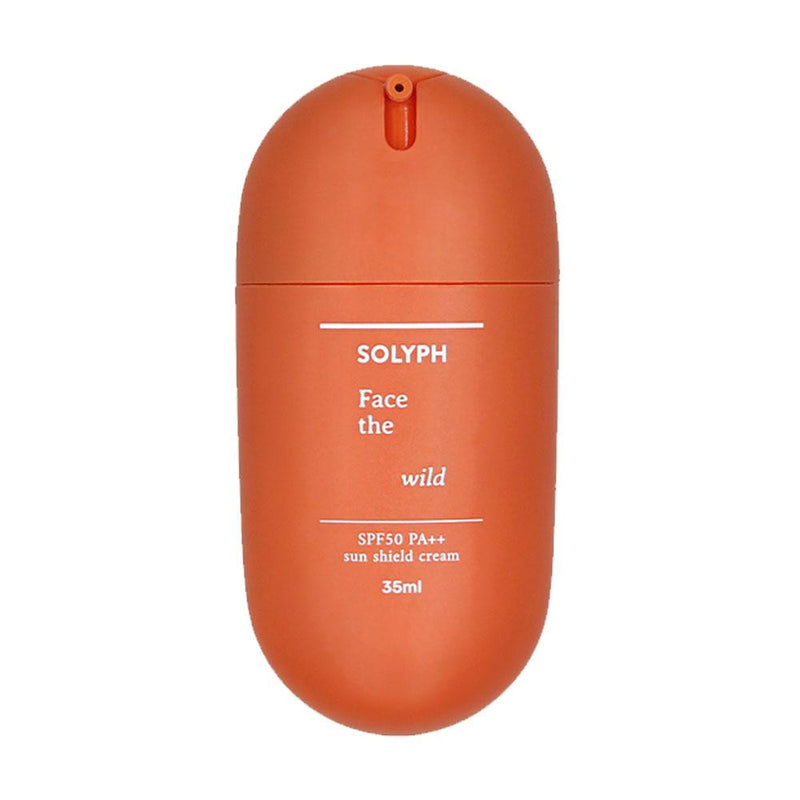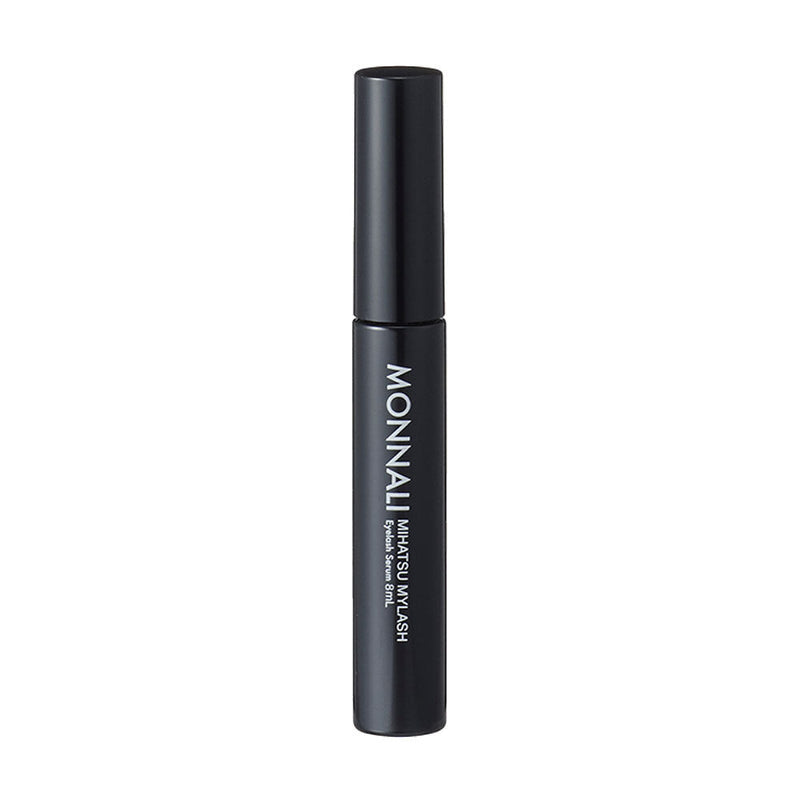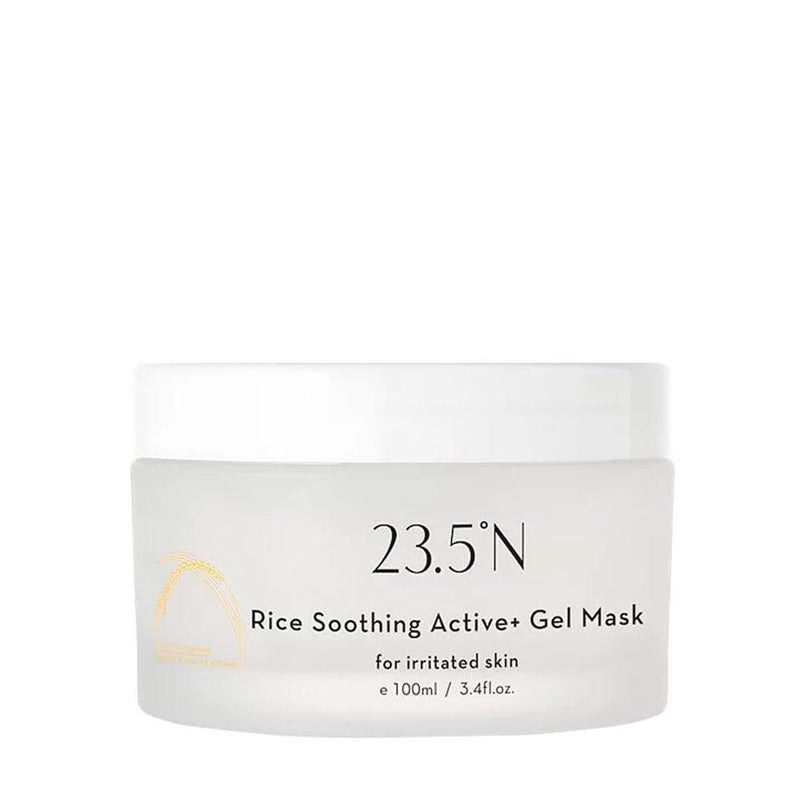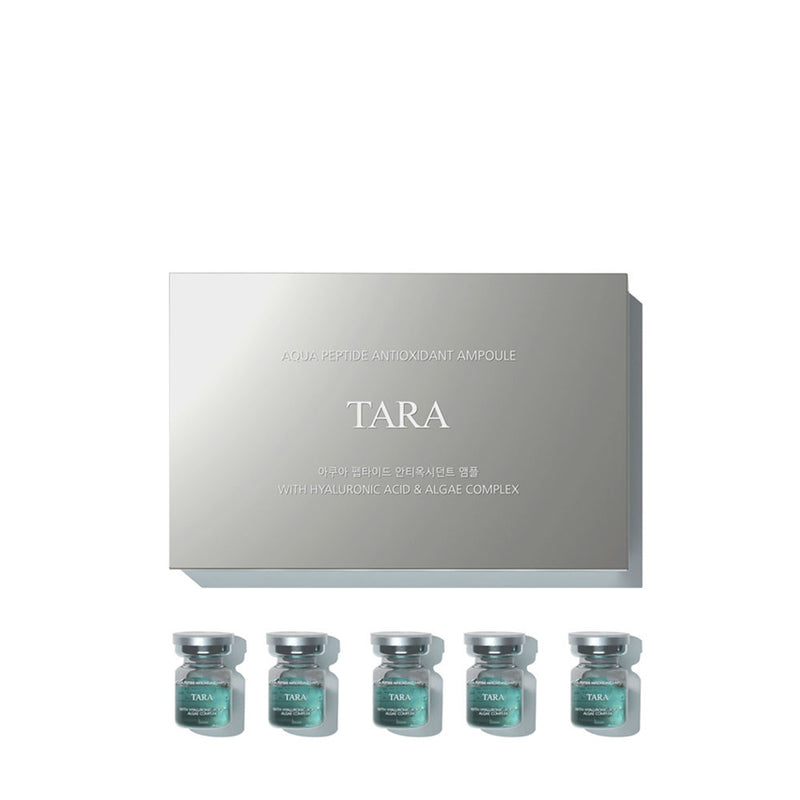As we commemorate World Vegan Day this 1st November, we explore the vegan lifestyle and explain some common misconceptions when it comes to veganism and vegan beauty.
Vegans are often perceived, to some, as being health conscious and to others, as inveterately picky eaters. To the uninitiated, it is more often thought of as a diet form rather than a philosophy but today, veganism is emerging into the mainstream with The Economist declaring back in 2019 the “Year of the Vegan”.
The original concept of veganism is as a moral philosophy which when followed, according to the Vegan Society, “is a way of living which seeks to exclude, as far as possible and practicable, all forms of exploitation of, and cruelty to, animals for food, clothing or any other purpose.”
Unlike vegetarianism, the idea of veganism encompasses more than just food choices. Thus, a strict vegan would not only choose plant-based foods but will also avoid the use of animal-derived ingredients and materials in their everyday lives including clothing (say bye bye to leather belts and shoes) and even extending to their daily skincare routines.
The movement is actually much older than most of us think. The term “vegan” was first coined in 1944, by Donald Watson, the father of modern veganism and the movement has since skyrocketed to new heights all over the world and this has more recently also extended to our choices in our skincare and cosmetic products.

Even though veganism was founded on a moral philosophy, there are other reasons why choosing to go vegan is good. For instance, some choose veganism as a healthier diet option. In vegan beauty, plant-based ingredients typically come from more sustainable sources and are harvested in a manner that releases less carbon into the environment.
Vegan Beauty is a relatively young trend in comparison to the movement itself but with as much as a quarter of millennials today identifying as vegan, there is an ever increasing number of vegan beauty products on the market today.
So, what does it mean and are they as effective as non-vegan products? Read on to find out more!
Are Vegan Beauty Products As Good As Non Vegan Ones?
Whether you’re a beauty aficionado or just a regular user looking to lead a more vegan lifestyle this is going to be the million dollar question. While it’s true that you can’t set limits and not expect to have to make certain compromises (more on that later), when it comes to vegan beauty, the short answer is yes, vegan beauty formulas can be just as effective as non-vegan ones.
Just as there are excellent plant based diet substitutes for meat based proteins, there are also many good plant based alternatives for key ingredients in common skincare products. Some of these ingredients that can be substituted with good plant based alternatives include, collagen, glycerol, keratin, squalene and lanolin just to name a few.
In fact, using vegan products might actually be better for your skin, especially if you are someone with sensitive or acne prone skin. Animal based ingredients can sometimes be harsh and clog your pores causing outbreaks of acne or irritation and vegan alternatives might actually be a more soothing option.
Just as processed meats can be bad for your health, skin health is really no different! Because vegan formulas often use ingredients such as natural oils and plant extracts that are close to their natural states, many vegan formulas actually contain higher concentrations of minerals and antioxidants than their non-vegan counterparts.
Vegan beauty is for everyone, not just practicing vegans and oftentimes, you might actually get better results with vegan products than non-vegan ones. If you are considering adding vegan beauty products to your daily skincare routine, read ahead for the 411 on choosing the right product.
The Difference Between Vegan and Cruelty-Free
A vegan beauty product regardless of whether it is a skincare or cosmetic product, is one that does not contain any ingredients that are derived from animals. Some of the more common ingredients in beauty products include, but are not limited to, gelatin, beeswax, honey, lanolin and many more.

The term “cruelty-free”, on the other hand, is used to indicate a product that has not undergone animal testing at any point of the creation and production of the product. This includes third party suppliers of certain ingredients that go into your favourite skincare products. While many vegan beauty products are also cruelty-free, the idea that vegan beauty also means that it is free from animal testing is not entirely true.
“Simply put, it’s possible for a vegan item to have been tested on animals and a cruelty-free product to contain animal ingredients.” says Terry Tong, co-founder of Kumuya, a beauty brand from Singapore that makes vegan serums.
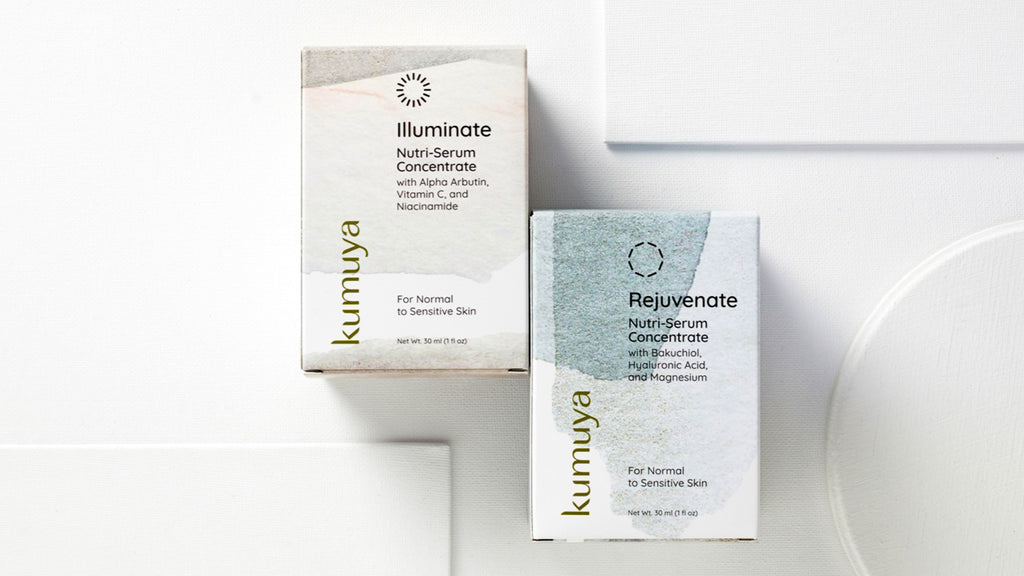
Most brands today do avoid animal testing altogether however, due to archaic laws in certain countries, animal testing may still be required under the guise of public safety. That is why if you are choosing to go vegan for ethical reasons, it is important to understand this distinction. To be absolutely sure, opt for brands that are both vegan and cruelty-free.
Vegan vs Natural Beauty Products
With all these new age labeling on everyday items, including beauty products, it can get quite confusing as to what you are actually paying for. While there are often similarities or overlaps, if you are looking to lead a more vegan lifestyle, it is important to understand these distinctions.
Vegan products only means that there aren’t any animal derived ingredients in the product and this is the biggest difference. Vegan products could possibly contain synthetic ingredients that are not animal derived which would make them “not natural”. So, if you are opting for vegan products due to hypersensitive skin, then you might want to take note.
“When you use ingredients that are only natural, the tendency for separation and bacteria growth is much higher and this can affect its efficacy,” explains Hong Lyeon, Product Director at Asian Beauty X, “By using a combination of natural plant based ingredients and combining them with important additives to prevent spoiling, you actually get the best of both worlds.”

On the flip side, though they do not contain synthetic ingredients, natural products might contain ingredients that have been derived from animal sources. If you’re using natural products because of ethical reasons then you might want to opt for a vegan one instead.
Thus, to the unenlightened, “Natural Vegan” might seem as being superfluous but actually provides you with very important information to consider when purchasing your next product. Understanding the differences might possibly save you a few bucks and help you choose the right product you’re looking for.
So Why Aren't All Beauty Products Vegan?
The often cited downside to vegan beauty has to do with costs as vegan formulas tend to be a little more expensive. This is because natural extraction of the key ingredients for good vegan formulations can at times be more costly and time consuming. Their animal based alternatives, on the other hand, are often produced from the by-products of other industries (such as wool to extract lanolin) and may be cheaper.
If cost is a key consideration preventing you from switching to vegan alternatives, fret not! With the growing demand for vegan beauty products ever more affordable options are constantly coming onto the market.
One such brand is Aromatica, a natural, vegan, aromatherapy-inspired brand from South Korea that offers a wide range of options from single ingredient alternatives to complex formulations that target multiple skin concerns at affordable prices.

The Last Word
From personal experience, adherence to a strict vegan lifestyle can be very difficult due to the lack of options available and the discipline needed to do it. Even so, many of us today are looking to make purchase decisions that are in line with our personal values and going vegan in your skincare routine is an easy decision to stick to.
You don’t have to be a dietary vegan to make the vegan choice in your skincare routine. Just as effective, if not more, vegan beauty options are far more sustainable than non-vegan ones requiring less water to produce and producing less carbon to extract and you don’t hurt little bunnies. ;)

The author would like to note that no trees were killed in the creation of this article.
